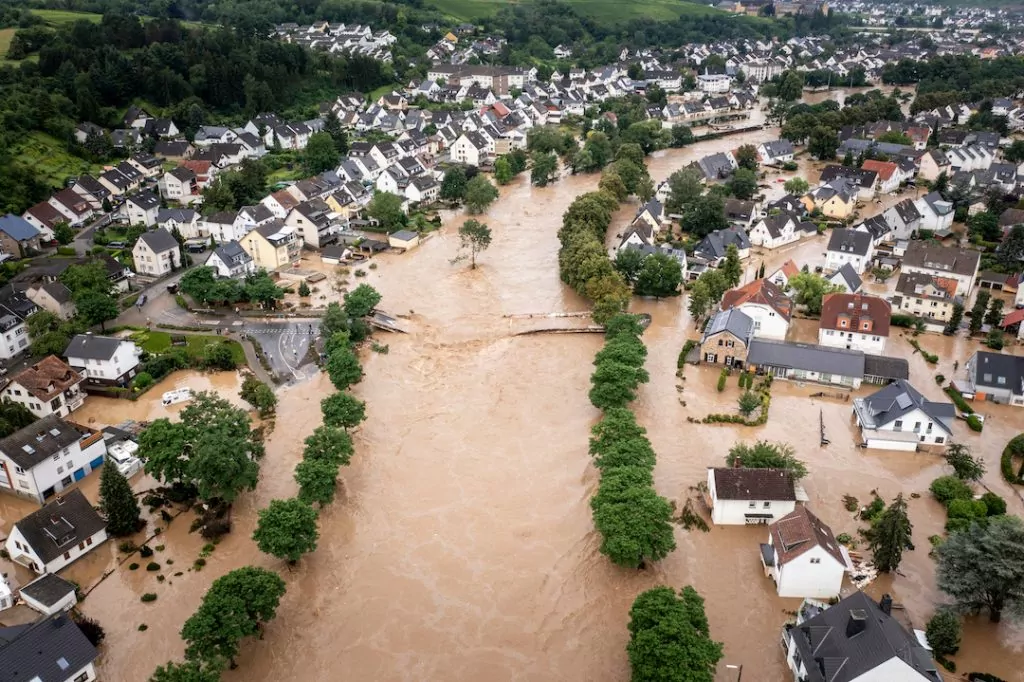Safe drinking water in times of heavy rains
The heavy rainfall events of the last two weeks in the Emilia-Romagna region of Italy have shown the enormous natural force with which heavy rainfall can occur in today’s climate crisis. In the region between Bologna and Riccione, probably the heaviest rainfall in recent decades brought 200 liters of water per square meter within 48 hours, with peak values reaching as high as 250 liters. The number of fatalities has risen to 14 at present, 27,000 people had to be evacuated from their flooded homes, and in many places there are problems with the supply of food and drinking water.
Climate research predicts a significant increase in the intensity of heavy rainfall events throughout Europe, especially in the summer months. At the same time, more and more land is being sealed or, as in Italy, is no longer able to absorb water due to months of drought. Floods are the result. In most cases, they also affect the local drinking water supply because drinking water production facilities and sewage treatment plants are flooded. Slurry enters water bodies in considerable quantities from the soggy fields. Wastewater and fecal matter contaminate extraction points and groundwater wells. By disturbing the natural filtering effect of the soil, contaminated sediments, alluvial materials and turbidity can also enter groundwater and drinking water.
As a result, pathogens such as e-coli or parasites in the water cause diarrhea, nausea and other illnesses. Infants, small children and old or immunocompromised people are particularly at risk. Even a small number of bacteria can trigger illnesses in them. Open wounds can also become dangerously infected by contaminated water. The water must be boiled before use.
If you want to avoid such hygiene hazards for yourself and your family, and if you value healthy and clean drinking water (even in the event of a crisis), you should not just leave the treatment and filtering of your drinking water to the public suppliers. For the treatment of such contaminated water a decentralized membrane filtration with at least one microfilter (pore size of 0.3 micrometer/0.0003 mm), but better ultrafiltration (pore size 0.002 to 0.1 micrometer/0.000002 to 0.0001 mm) is necessary, as it is partly also used in the public drinking water treatment. The advantage of this method is that the filtrate produced is germ-free, which means that even contaminated groundwater can be treated safely after heavy rainfall.
Seccua offers drinking water filters as an under-sink solution (Seccua MK7) or for the entire household (Seccua Urspring BeWell). Seccua filters work with high-tech membranes similar to those used in medical technology and thus act practically like a firewall that reliably keeps out fecal germs and other pathogens. Even water that was previously heavily contaminated is now in microbially perfect condition.
